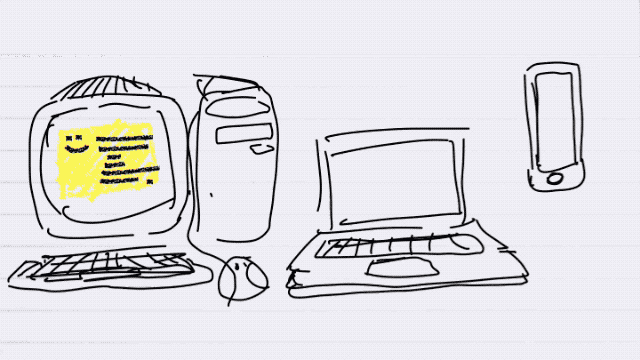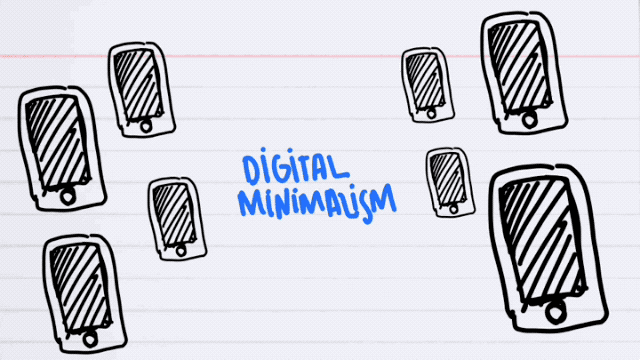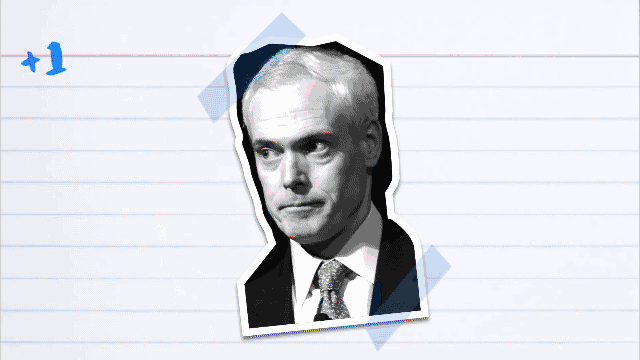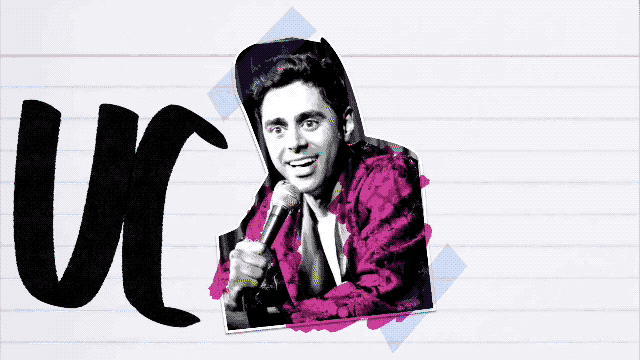The Bill Simmons Podcast: “Catching up with John Skipper”
Great episode with Simmons and Skipper giving an overview of their careers working together in sports media. One theme that comes up a few times is content formatting.
This includes when they first worked together during the dial-up days of ESPN.com. John Skipper says he came in thinking the site should be treated more like a magazine (around 17:30):
John Skipper: It had a couple of people running it. It wasn’t going great. Actually it wasn’t very good. It was sort of HTML text and, you know, it did scores.
Bill Simmons: The entire internet was pretty bad back then though. It’s not like anyone was running away from the pack.
John Skipper: No everything was ugly. Everything was ugly. I do think one thing that John Walsh and I brought to it was a magazine sensibility. I immediately went in and said we’ve got to have photographs and we’ve got to have typefaces and we have to have layouts so the thing looks good.I was met by a bunch of guys who came in with data and said, “You know how long this will take to load on dial up?” And I’m like, “I don’t really care.” I said they’re gonna figure out that technological problem out at some point. And we’re gonna win because it’ll look great, we’ll do photographs, and we’re gonna hire good writers.
Simmons mentions that Grantland was designed for desktops — I always loved the layout of this Grantland piece: “One Hundred Years of Arm Bars“. It’s fine on mobile but it’s so cool on desktop. They talk about how written content on the web transitioned from desktop to mobile and how live broadcasting is making that transition.
Don’t overreach — John Skipper: “You just keep getting bigger and bigger. And the company was extraordinarily successful financially. It was in people’s lives. We’re starting new channels. And overreached in a couple areas. People don’t really need to eat at ESPN. That was a bad idea, ultimately. You don’t need to eat there.”
Okay, sometimes overreach — They also overreached creating the ESPN phone (The Sanyo MVP). However, some good things came out of it. They built new infrastructure for the network that the phone ran on, which set them up nicely moving into a sports world that was delivered digitally more and more.
It’s over an hour and they definitely touched on plenty of other great topics:
- Buying up all the live rights to pretty niche sport events (live sports remain valuable in the on-demand streaming world)
- Content strategy (30 for 30 cost $500,000 per episode / $15M total but it was entirely worth it so that HBO wasn’t the only place for sports documentaries)
- The ups and downs of success (the jobs that are most fun aren’t likely to be when you’re responsible for the biggest group of people — but fun isn’t the only factor in a good career)
- Professional relationships having their ups and downs (Simmons and Skipper step through their falling out and what they would and wouldn’t do differently)
(I always enjoy listening to Simmons talk about his early days on the web. Check out this earlier post for more.)






